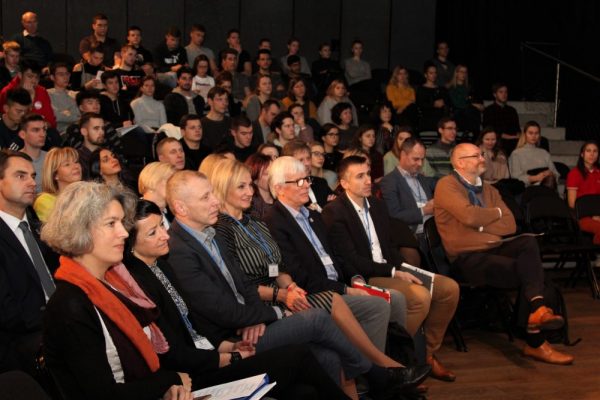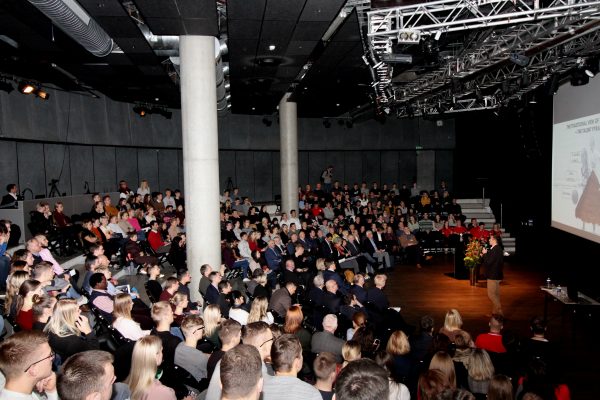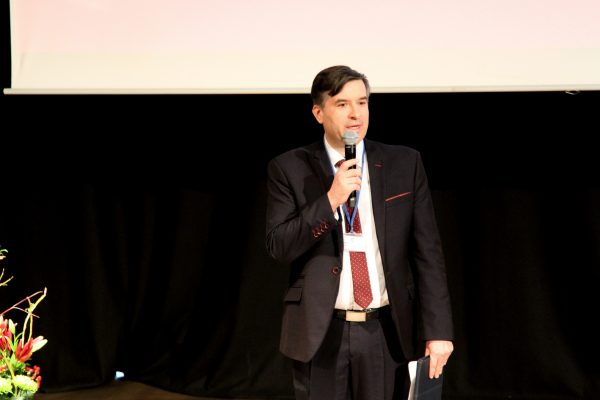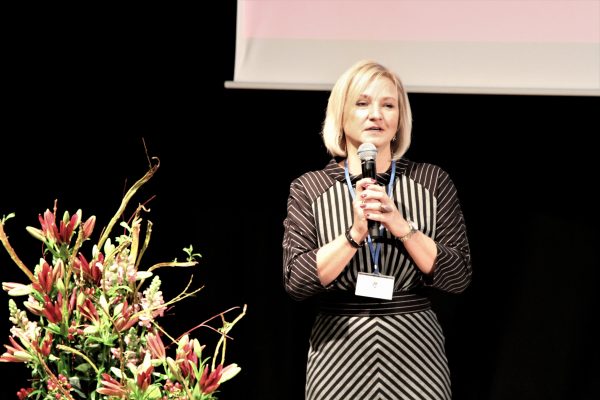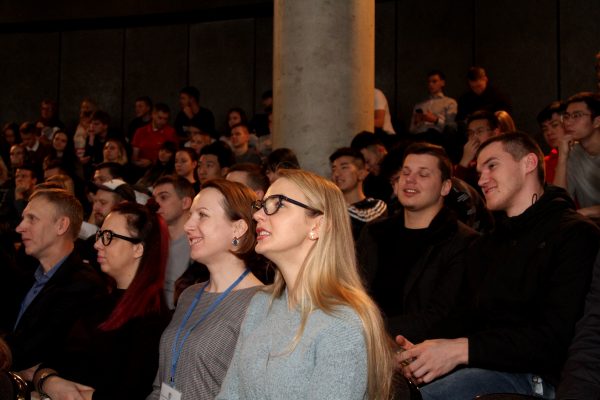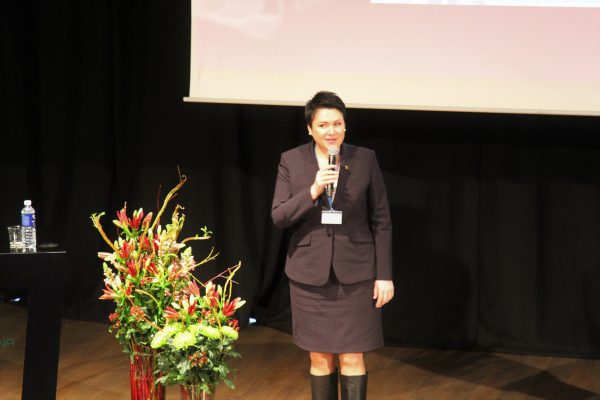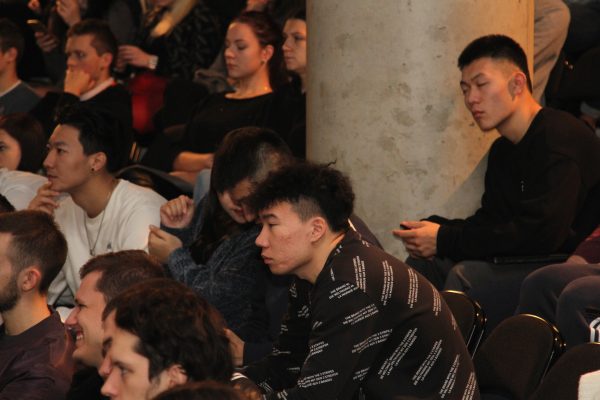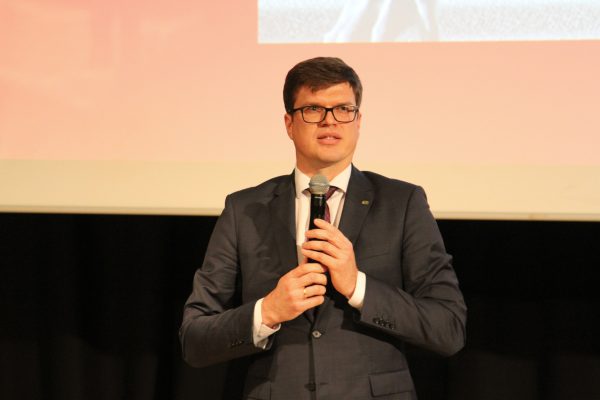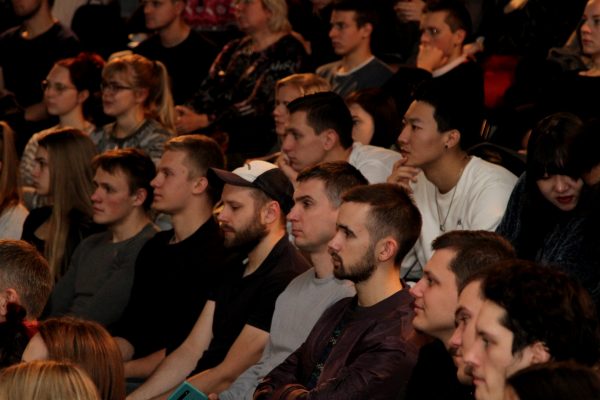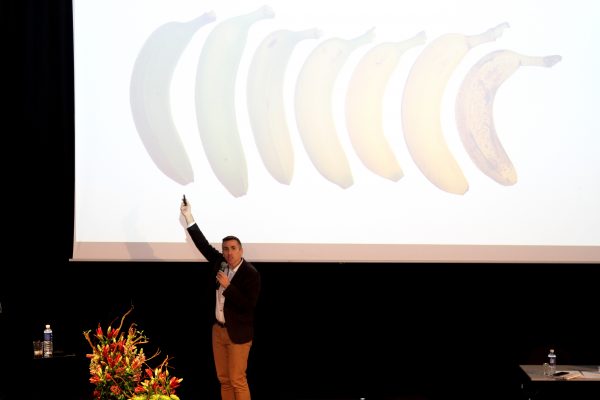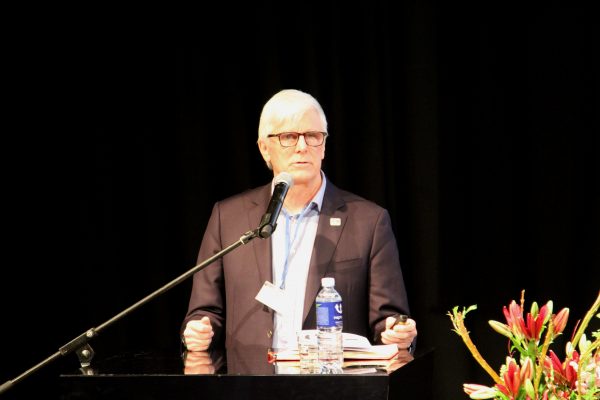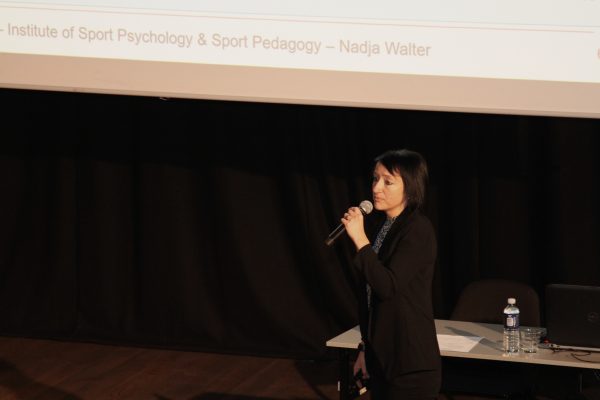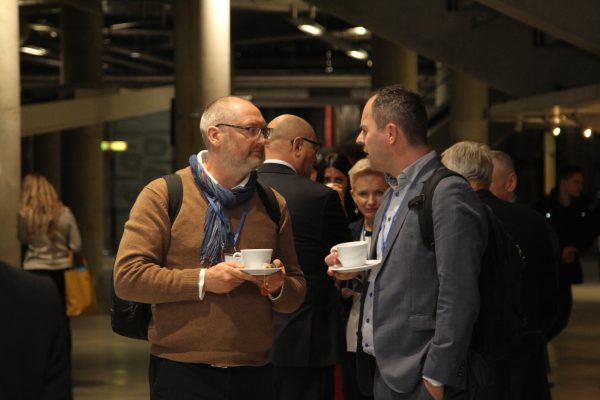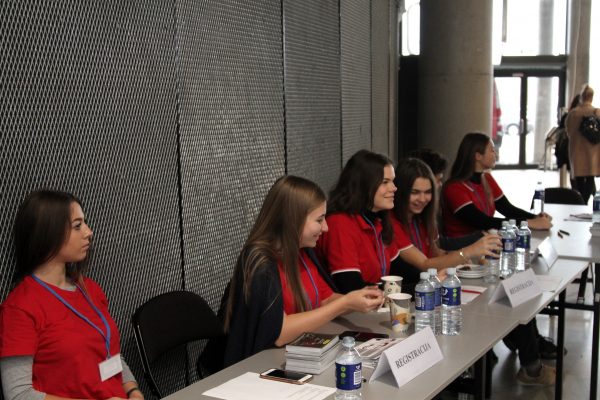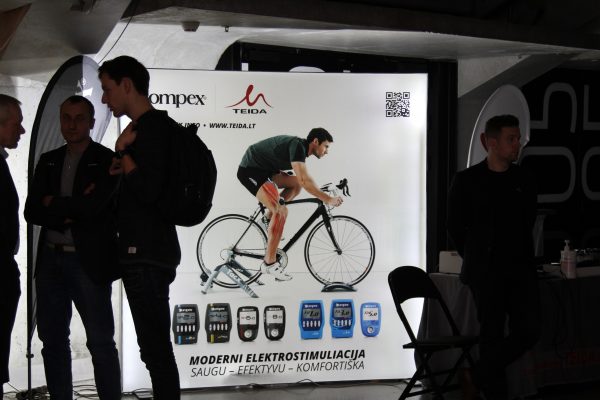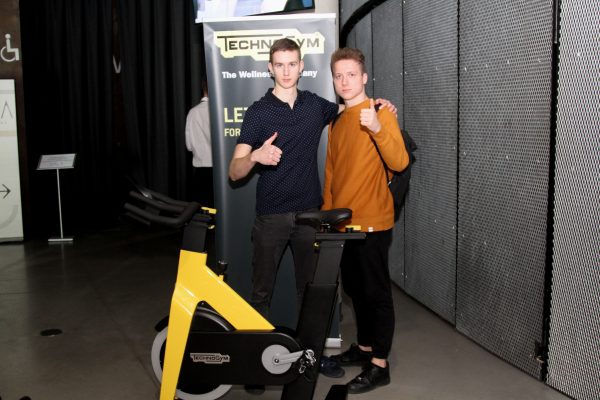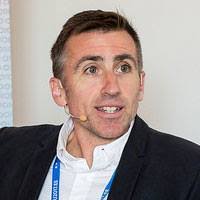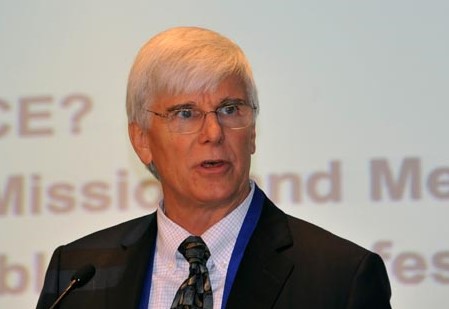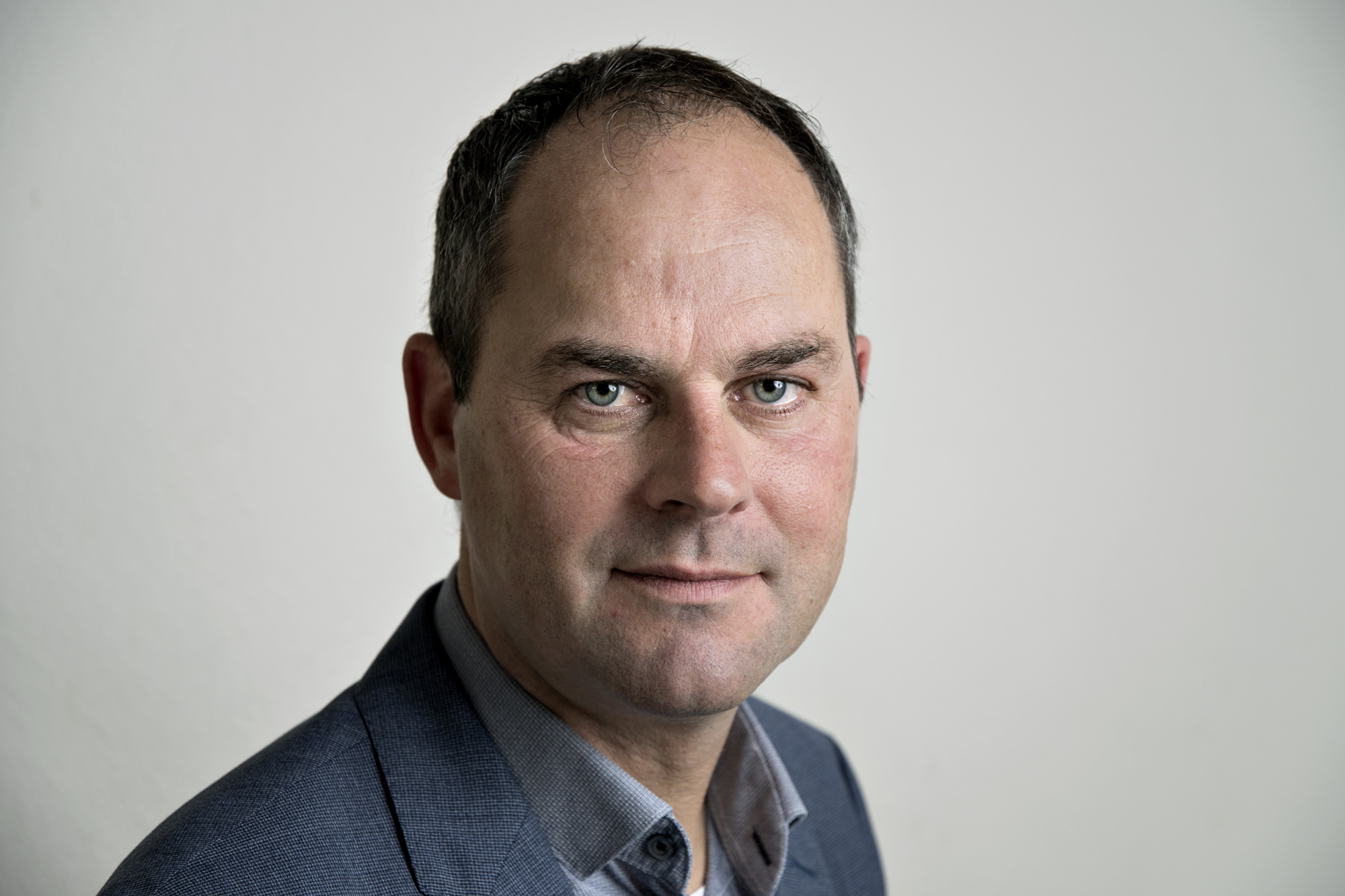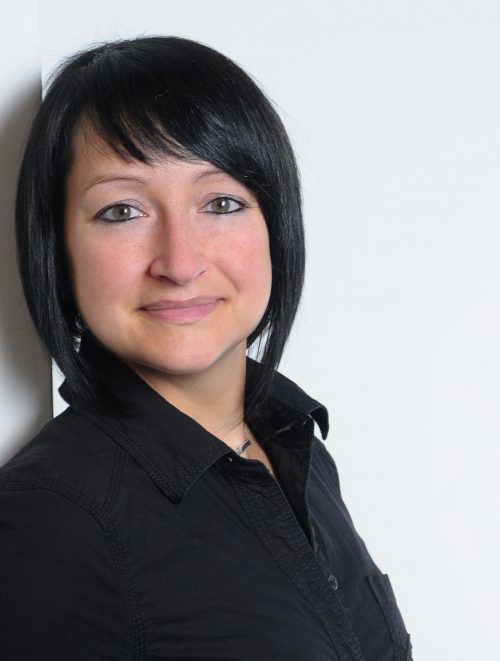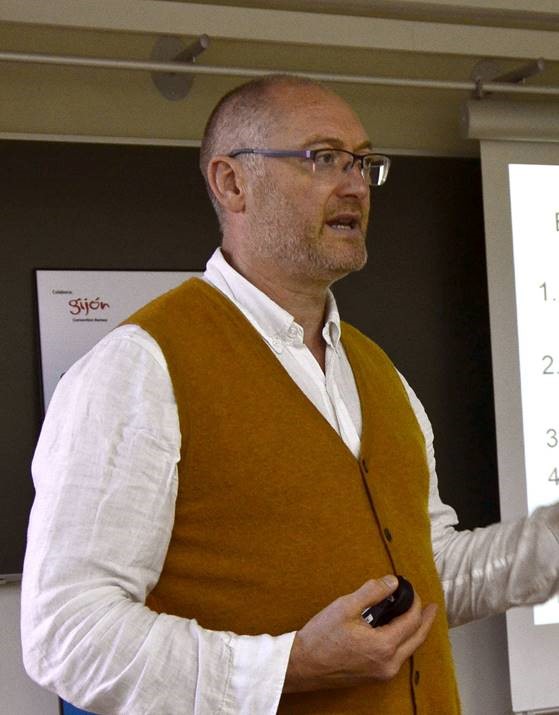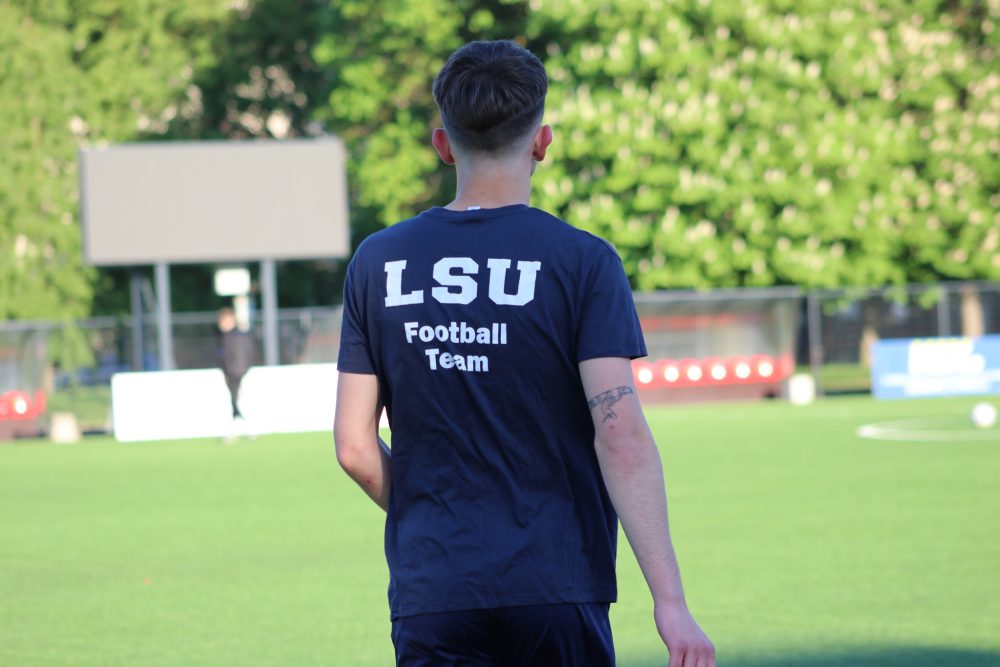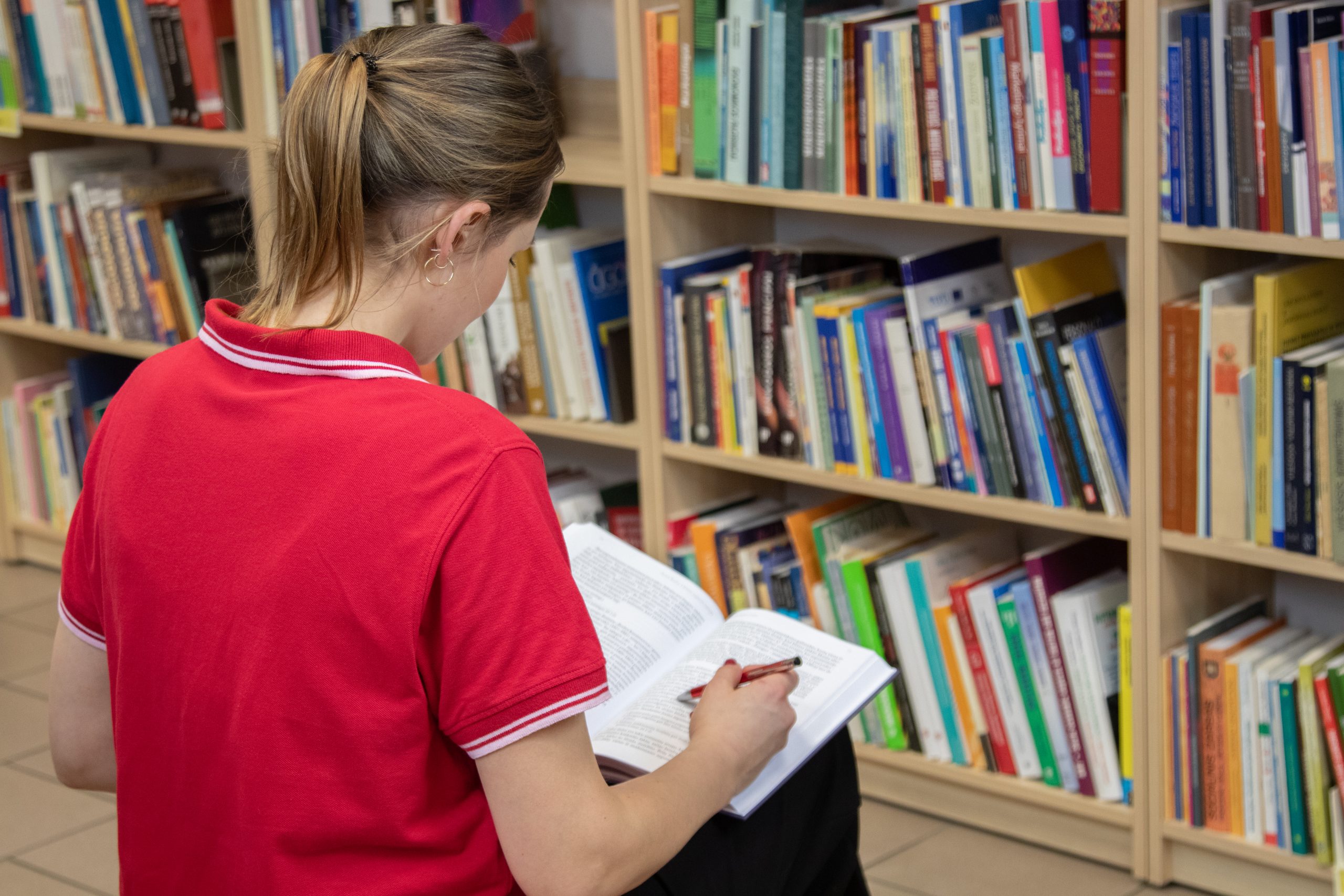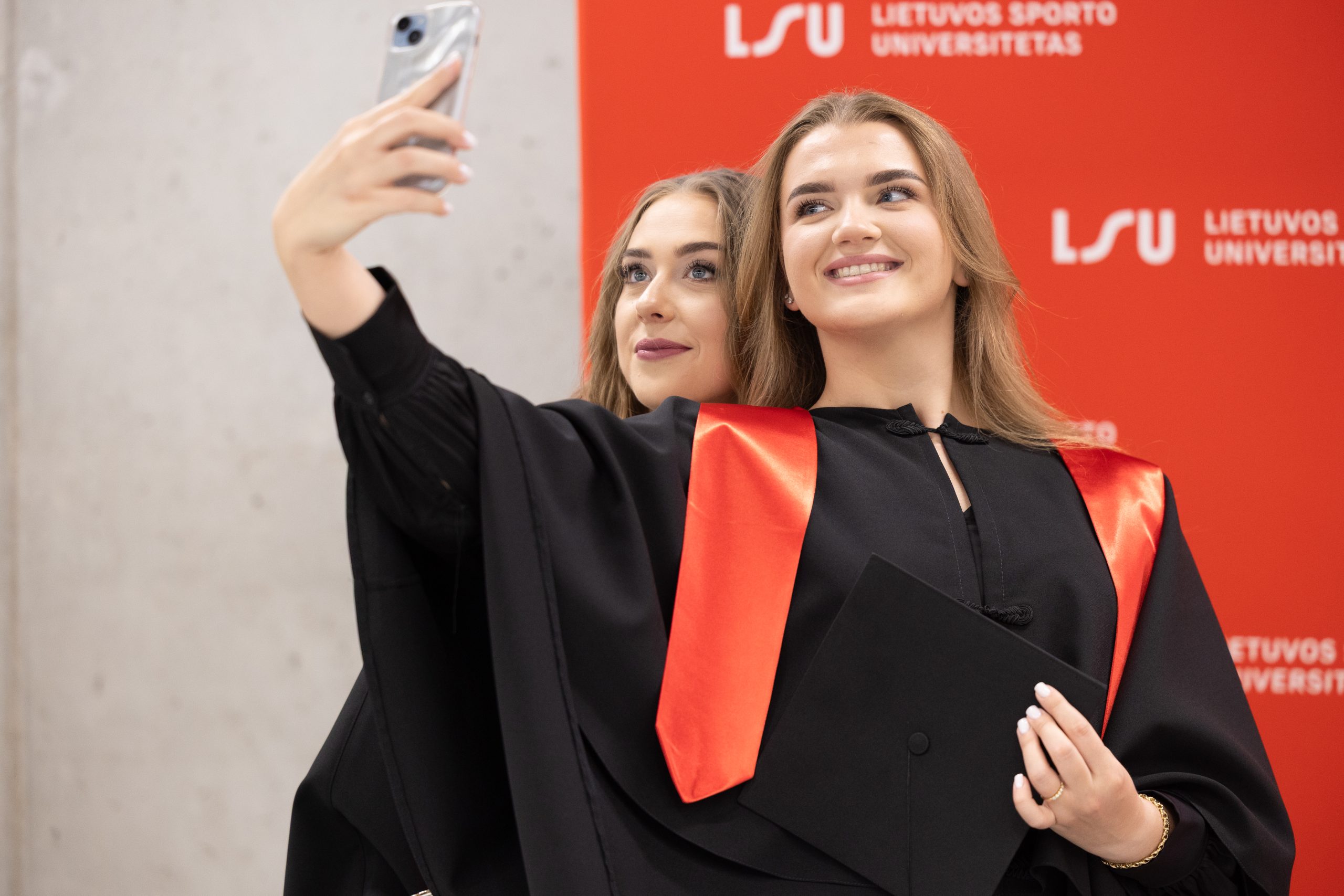Lietuvos sporto universitetas (LSU) kartu Švietimo, mokslo ir sporto ministerija (ŠMSM) bei Lietuvos tautiniu olimpiniu komitetu (LTOK) lapkričio 21–22 d. pirmą kartą Lietuvoje surengė Sporto forumą-tarptautinę mokslinę konferenciją „Sportininkų rengimo valdymas ir sportininkų darbingumą lemiantys veiksniai“. Dvi dienas vykusiame renginyje dalyvavo žinomi pranešėjai iš Lietuvos, Didžiosios Britanijos, Vokietijos ir kitų šalių.
„Džiugu, kad pirmą kartą Lietuvos sporto universiteto rengiamame Sporto forume, skirtame LSU 85-mečiui paminėti, garsūs užsienio sporto srities atstovai bei mokslininkai visuomenei pristatė sportininkų treniravimo, sporto etikos, psichologijos, sporto ir sveikatinimo ekonominio indėlio aktualijas bei naujoves”, – teigė LSU mokslo prorektorius prof. dr. Edmundas Jasinskas.
Tarptautinės sporto organizacijos ICCE prezidentas John Bales aptarė pastaruoju metu itin karštą temą – treniravimo etiką, dr. Sergio Lara-Bercial iš D. Britanijos pasidalijo tarptautinio projekto iCoachKids patirtimi – supažindins ne tik su sportininkų treniravimo metodikomis, bet ir kaip į treniruotę įtraukti vaikus. Dr. Nadja Walter iš Vokietijos akcentavo psichologinio pasirengimo svarbą sportininkams, dr. Paul Downward iš D. Britanijos – sporto poveikį sveikatai ir ekonomikai. Henrik Brandt iš Danijos analizavo, kaip tinkama aplinka veikia sporto sektoriaus augimą.
Kauno „Žalgirio“ arenos amfiteatre vykusiame Sporto forume dalyvavo Švietimo, mokslo ir sporto ministerijos kancleris Tomas Daukantas, Lietuvos tautinio olimpinio komiteto prezidentė Daina Gudzinevičiūtė, Lietuvos sporto universiteto rektorė prof. Diana Rėklaitienė, sporto šakų federacijų ir kitų LSU socialinių partnerių atstovai.
Sporto forumą pratęsė Lietuvos sporto universitete jau dešimtą kartą vykusi tarptautinė mokslinė konferencija „Sportininkų rengimo valdymas ir sportininkų darbingumą lemiantys veiksniai“. Joje daugiausia dėmesio buvo skiriama praktiniams treniravimo klausimams. „Tikimės, kad patyrusių lektorių pranešimai buvo naudingi mūsų sporto bendruomenei – sporto federacijų atstovams, treneriams, kūno kultūros mokytojams“, – sakė LSU doc. dr. Aurelijus Kazys Zuoza.
Lektorius Bjorn Harald Olstad, dirbantis su Norvegijos aukščiausio lygio plaukikais, aptarė plaukimo biomechanikos subtilybes. Prof. habil. dr. Antanas Skarbalius kalbėjo apie šiuolaikinių technologinių priemonių taikymą sportininkų krūvių kontrolei. LSU tyrimus apie griaučių raumenų ir sausgyslių adaptaciją fiziniam krūviui pristatė prof. dr. Sigitas Kamandulis.


